The University of Richmond has faculty experts available to comment on today’s headline news. Contact the Media Relations team to arrange an interview with the academics below.
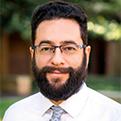
Space News
Physics professor Jack Singal, an astrophysicist who has worked at NASA, is available to discuss astronomy news, including new discoveries, space exploration, and events such as eclipses.
His current research project will create a map of radio emission over nearly the entire sky. The radio sky brightness map is anticipated to be a transformative tool for investigating galactic and extragalactic phenomena.
“There’s much more to the light in the universe than our eyes can see,” he said. “Almost the only way we really know anything about what is going on beyond Earth is by measuring and interpreting the light that comes to us. In this case it is radio light.”
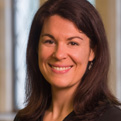
Food Science
University of Richmond chemistry professor Kristine Nolin has a passion and expertise for food science. She can discuss the science behind spicy foods, science-steeped coffee facts, how gluten works in baked goods, why BBQ tastes so good, what happens when you deep-fry a turkey, and more. Her "Chemistry of Cooking" class is a favorite among University of Richmond students.
“There's so much complexity and fun science associated with food," said Nolin. "A steak is a great example. Everyone can agree that the smell, feel – and taste – of a raw steak is very different from one that was grilled. As heat is applied, the chemical structure of the food changes by way of different reactions. These chemical reactions will break down the large proteins and form the small, lightweight molecules that are trapped in your mouth or nose, resulting in the experience of flavor and scent."
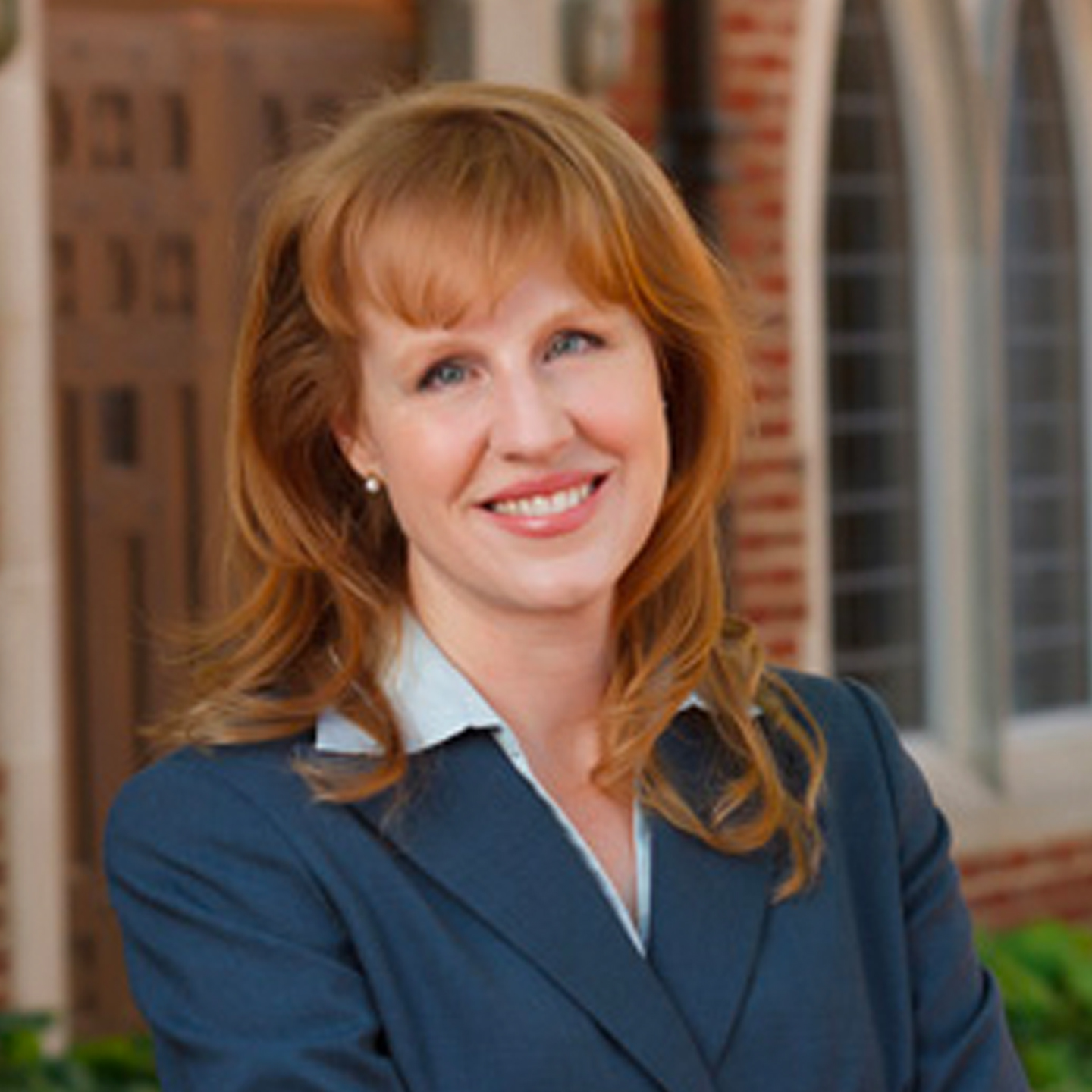
Death Penalty
Law professor Corinna Lain is a leading scholar on the death penalty and is writing a book on lethal injection. She is available to discuss changing policies on lethal injection in the U.S. and ongoing cases in the news. Lain can discuss lethal injection drugs and protocols, the federal death penalty related to well-documented problems with race, and public perception of capital punishment.
“The number of states that don’t have the death penalty could easily rise to 40, but a nationwide ban would need action from the U.S. Supreme Court. That is unlikely to happen as recent actions show the high court is not going to get in the way of states carrying out executions.”
More about Corinna Lain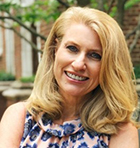
Driving Rats
Kelly Lambert, a professor of behavioral neuroscience, is available to discuss the latest developments in the innovative research she leads at the University of Richmond — teaching rats to drive. The results of this research may inform future strategies for mental health treatments.
"This project has created amazing opportunities for scientific outreach and education," Lambert said. "The driving rat captures attention, and then we can teach them more about the brain."
Lambert is also an expert on the connection between our hands and our brain, and can also discuss why activities such as knitting or gardening can be beneficial to our mental health.
“Brains change from the womb to the tomb, so it is important to understand how various experiences guide the life-long modifications of our neural networks, a process known as neuroplasticity,” Lambert said.
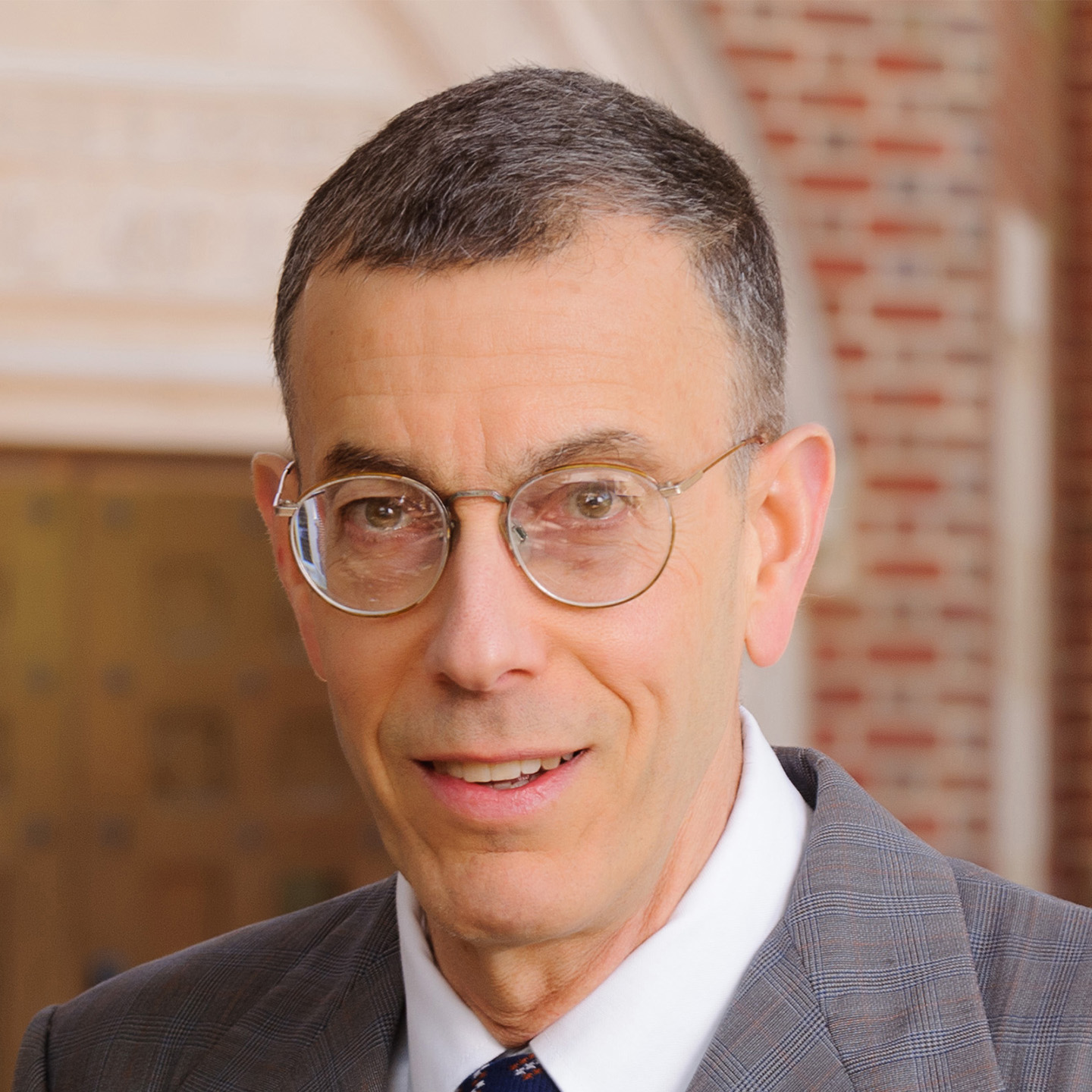
Judicial Selection
Law professor Carl W. Tobias is an expert on judicial nominations, with an emphasis on federal judicial selection. A prolific writer and scholar, Tobias is available to provide insights on the appointment of federal judges across the country.
“One of President Biden’s greatest domestic successes has been to revitalize and improve smooth, fair processes to nominate and confirm well-qualified, mainstream judicial candidates who are diverse in terms of ethnicity, gender, sexual orientation, ideology, and experience.”
More about Carl Tobias
K-12 Challenges
Tom Shields, a leadership studies and education professor, is an expert on K-12 schools, segregation and housing, rezoning, and demographic changes, including why the census matters.
“The challenges in K-12 schools range from a post-pandemic world with curriculum and social-emotional needs, to staffing shortages, to the diversity that's happening, or in some cases not happening, within our schools. Economic and racial differences as well as the political divides all create challenges for administrators, teachers, students, and families to overcome.”
More about Tom Shields